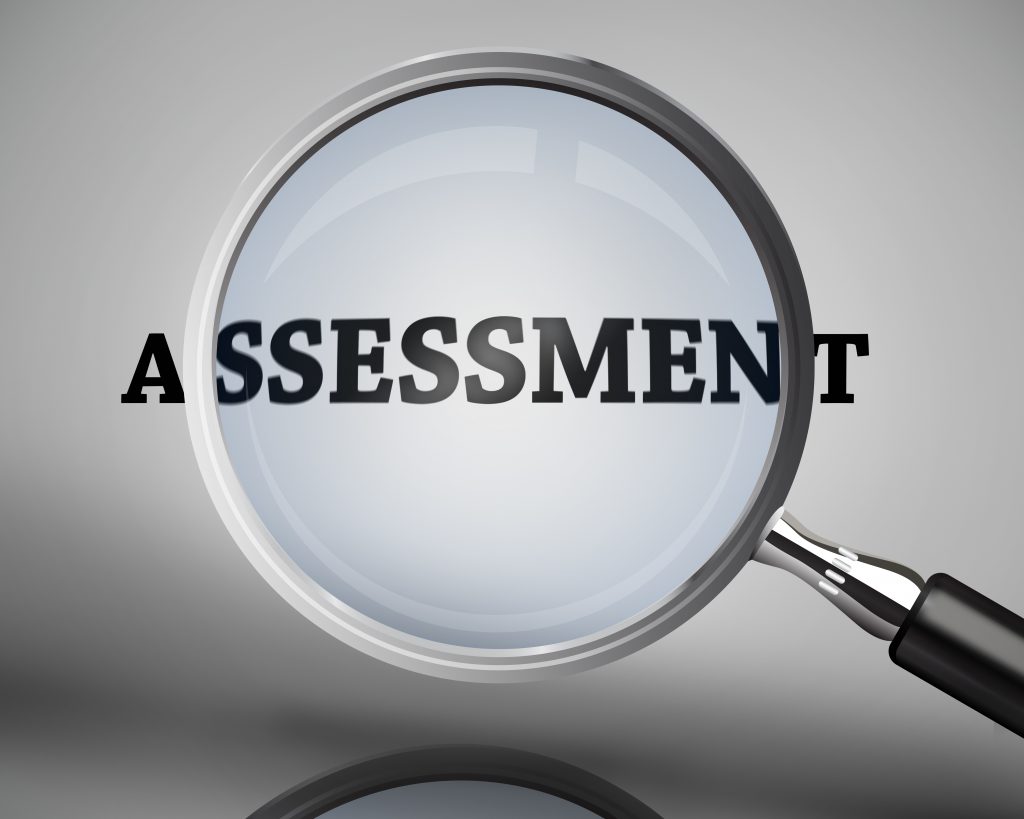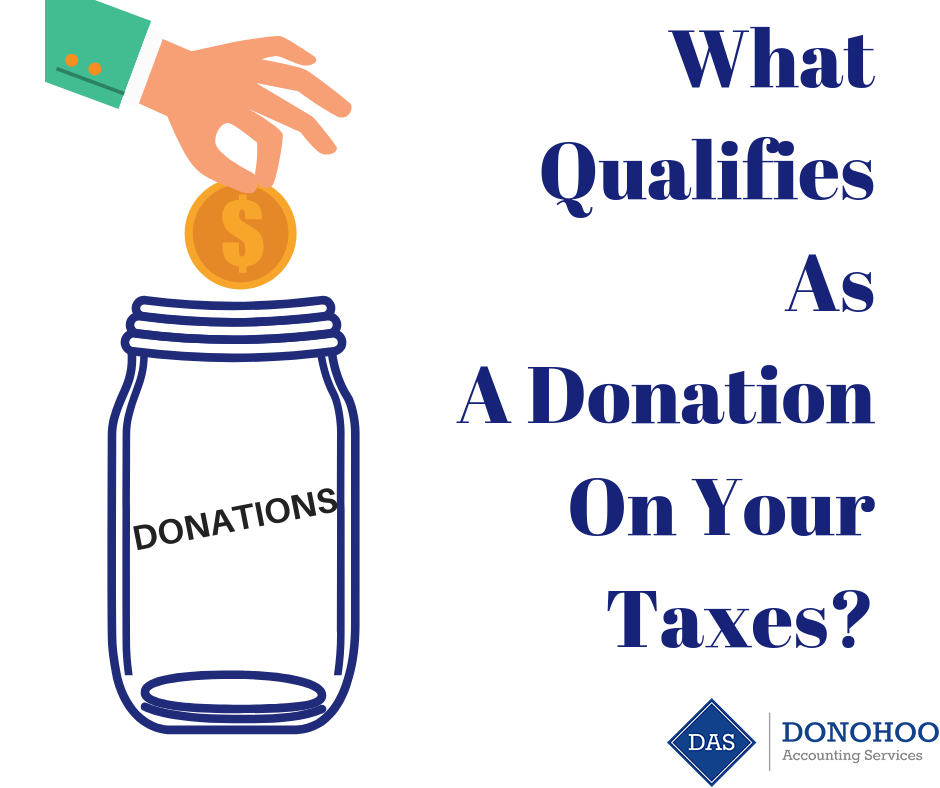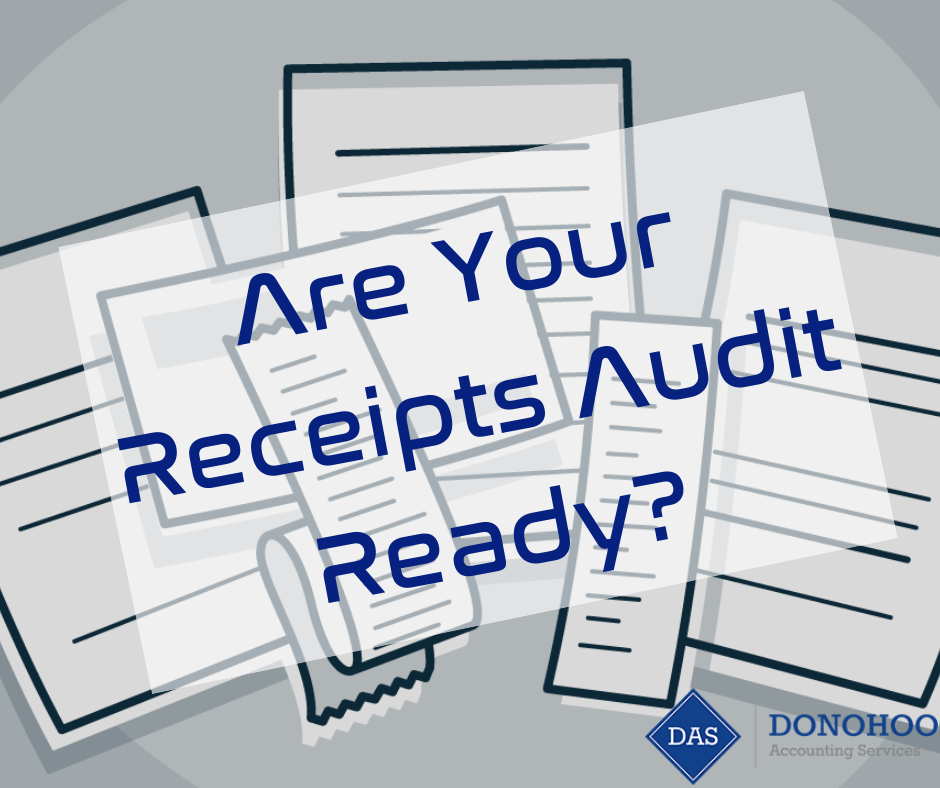Get Your Money in Order for the New Year
This year is quickly coming to a close. Get ahead of the game and get your money in order for the new year. Don’t know where to begin? No worries! Here are some helpful tips.
Get Organized

You can file taxes after the new year, so now’s a good time to get all your ducks in a row. In January and early February, you’ll be receiving important documents in the mail including your W2, mortgage interest statement (1098), or student loan interest statement (1098-E.)Most companies, by law, have until January 31 to mail statements, so keep an eye out.
Designate a single location where you’ll keep these documents so they are easily accessible when you’re ready to file taxes. You can use a folder, drawer, box or other container. Put a large “taxes” label on it and use the container for tax-related documents only, not other mail or bills. But you may want to keepit near where you sort mail, so you can immediately put the documents in their home.
Then start gathering other items you’ll need for filing taxes, including charitable contributionand expense receipts. Qualified expenses depend on your situation, but could include expenses related to childcare, medical, job (mileage, supplies, relocation) and education. Donohoo Accounting Services can help you navigate the complicated tax structure. In addition to income tax preparation, we handle payroll tax prep, tax levies and liens, back taxes, end tax penalties, estate tax return preparationand more.
Make Year-End Charitable Contributions

Many charities do a final fundraising push at the end of the year, so you’ll probably receive solicitations asking for support. If you want to help non-profit organizations while also possibly reducing your taxable income, make your donations by December 31. Contributions are deductible in the year made. Thus, donations charged to a credit card before the end of the yearwill count in that year – even if the credit card bill isn’t paid until later. You’ll want to make sure the charity is eligible. Many times, the charity will note its “501c3” status, which is IRS speak for tax-exempt. You can also use the IRS Tax Exempt Organization Search.
Take an Assessment of Where You Stand Financially

Now’s a good time to take a hard look at your income, debt, expenses, retirement funds, college and emergency savings. Are you on track to meet financial goals? If yes – great! If no – why are you falling short? To properly move forward into the next year, you need a realistic picture of where you are now. Put pen to paper and write down all the numbers. It helps to see everything in black and white.
Make a Financial New Year’s Resolution (Or Better Yet – Create APlan You’ll Stick With All Year)
Once you know where you stand currently, you can create a plan for the upcoming year. Perhaps you want an emergency savings fund. You never know when the furnace is going to go out, someone in your family has a medical issue or there’s a company layoff. Experts say you should have enough emergency savings to cover three to sixth months of expenses. Maybe you have all your financial bases covered but want to take an exotic vacation? Set the goal, create a plan and start saving for that overseas beach trip. Although it’s a busy holiday season, set aside time to get your money in order for the new year. Once you’re ready to file taxes, turn to Donohoo Accounting Services, locally owned and operated by Cincinnati native, Duane Donohoo.

















